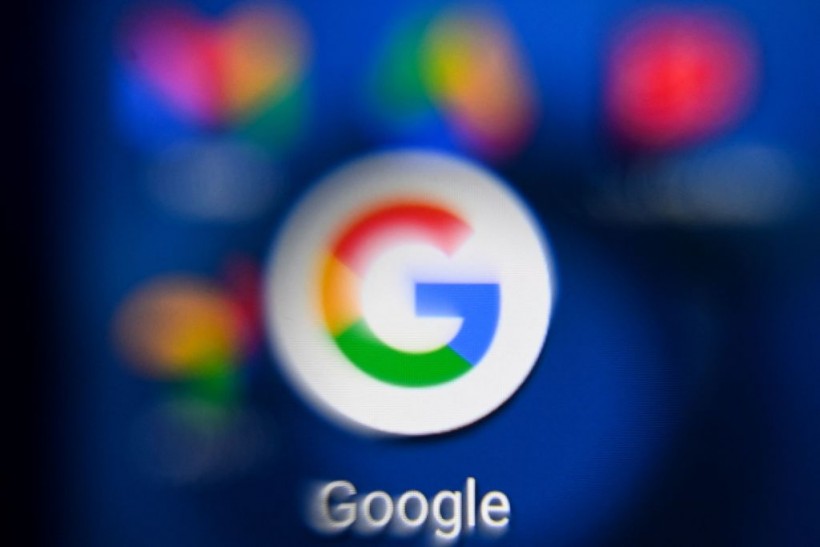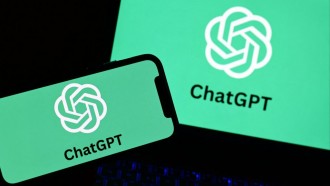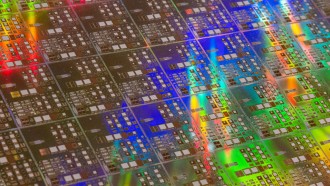Google AI search is now a reality with the tech giant introducing its artificial intelligence-powered search results, summarizing information for search queries rather than showing website links.
This week in the United States, hundreds of millions of users will see conversational summaries produced by the company's AI technology at the top of the search engine results page, starting the transformation unveiled at Google's annual developers conference.

The AI summaries are intended to appear only when Google's technology thinks that doing so will be the fastest and most efficient method to pique a user's interest.
This is most likely to occur when discussing difficult topics or when individuals strategize or brainstorm. When people conduct basic searches for items like store recommendations or weather forecasts, they will probably continue to see Google's standard website connections and advertisements.
The business also showcased several other projects, such as a thin artificial intelligence system to obtain an advantage in an AI slugfest involving ChatGPT creator OpenAI and Microsoft.
Read Also: Google Cloud Partners with CrowdStrike to Transform AI-Native Cybersecurity
Google's Gemini Nano
Google reportedly said that it is incorporating its Gemini AI into the desktop version of Chrome. With Chrome 126, Gemini Nano—an on-device AI function allowing text creation will be accessible.
The lightweight large language model (LLM) developed by the tech giant Gemini Nano debuted in the Pixel 8 Pro and Pixel 8 last year. To accelerate Chrome's AI features, Google updated the browser and model.
Upon its introduction in late 2022, ChatGPT was viewed by some insiders in the computer industry as a serious threat to Google's search engine, the most widely used online information source.
Since then, Google has made a concerted effort to reclaim its lead in AI and has released a suite of products called Gemini, which includes new A.I., both the chatbot and models for developers.
Additionally, it integrated technology into Gmail, Docs, YouTube, and Gmail, enabling users to create emails, drafts, and videos with less effort.
AI-Powered Search Results
Google unveiled its AI search capabilities just one day after it was announced that TikTok was developing a new feature for search results that uses ChatGPT to propose suitable search results to specific user inquiries.
A summary of AI results may appear at the top of certain search results pages; users can select an area of interest to view the full response on a separate page.
ChatGPT generates the content, which TikTok displays when its algorithm decides it is relevant to the user's search, according to a page detailing the results. Reports state that the feature is still in its infancy because not all inquiries have AI answers.
Google's AI search also coincides with past reports that OpenAI itself will be introducing an AI-powered search engine. OpenAI's search engine is reportedly an upgrade to its popular ChatGPT product, which allows ChatGPT to extract citations from unprocessed Web text, according to sources.
OpenAI's chatbot solution, ChatGPT, mimics human replies to text cues by using the company's state-of-the-art AI models.
Related Article: Demo Suggests Google's ChromeOS May Be Coming to Android

(Photo : Tech Times)





